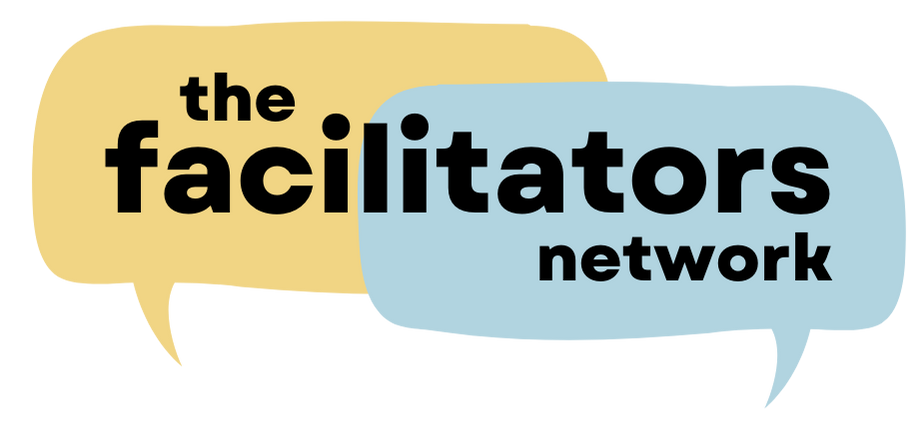When hosting a workshop with a small group, it’s easy to facilitate a quick introduction round which allows everyone to speak and get comfortable in the room. However, when you’re working with a large group, it can be more challenging to facilitate introductions in a meaningful way—especially if you have limited time.
Remember, introductions are not just for finding out who is in the room. Introductions give people a chance to connect with others and get comfortable speaking out loud. Arguably, the bigger the group, the more important it is to facilitate these early conversations.
Check out these 5 introduction exercises that get people talking—and connecting—in a large group.
One Breath Introductions
One breath introductions provide a simple tweak to a traditional round-table introduction. Simply invite participants to introduce themselves however they choose, provided they can do it in one breath. This keeps introductions short and snappy, while still giving people a chance to speak into the room.
Where Do You Stand?
Asking people to stand on a continuum is an easy way to get people connecting with others who share something in common. Create an imaginary continuum in the room that is somehow related to your workshop, and then ask participants to stand on the point that best represents them.
For example, you might ask participants to stand on a continuum based on how many years experience in the field, how many years living in this community, or how comfortable you are having challenging conversations with staff. Once they are standing on the continuum, ask them to introduce themselves to 3-4 people who are closest to them.
You can also use Agree or Disagree Continuums that are a little light-hearted, just to get conversations started. For example, you might say ‘Pineapple does not belong on pizza’ and participants stand on the continuum based on how strongly they agree or disagree.
Map the Room
Similar to a continnum, mapping the room is about asking participants to stand and gather based on shared themes that you determine. For example, you might ask people to stand and find others who are from the same town or city, or who work in the same field. Depending on the size of the group and the purpose of the workshop, you could pre-set some groups and create signs or flags for each part of the room.
Mapping the Room is something that can be done several times over, with different parameters. For example, first participants might gather by location, then by sector or industry, then by favourite food.
Speak with Strangers
Instead of facilitating whole group introductions, ask participants to stand and find 3-4 people that they don’t yet know, then give them some simple, relevant questions to answer in their introduction. For example, you might ask them to share their name and a little bit about their organisation, plus one thing they would like to get out of the session.
It’s not necessary to then have everyone share back to the whole group, but it’s helpful to open the floor to anyone who would like to share their goals for the workshop. This gives you an idea of what the group needs, plus it allows people to start speaking into the open space.
Speed Dating
Ask participants to find someone they don’t yet know and introduce themselves. After 3 minutes, ring a bell (or shake a tambourine) and repeat the exercise. You can keep repeating the activity for as much time as you have available.
When running a speed dating activity, it can be helpful to give participants an idea of what to talk about. Either keep it simple with name, organisation and what brings you to the workshop, or introduce an icebreaker question from this list. You can change the question for each round.
Taking time to meet and greet is an important part of setting the scene in a workshop. So, rather than think of it as something you do before you get to the ‘real work’, consider it a fundamental step in building trust, rapport and engagement in the room.
How do you facilitate introduction in a large group?
Kerri Price
Kerri is a professional facilitator with over 20 years experience in facilitation roles. She is the founder of The Facilitators Network and regularly facilitates workshops on Facilitation and Building a Facilitation Business.
Email: kerri@thefacilitatorsnetwork.co.nz

